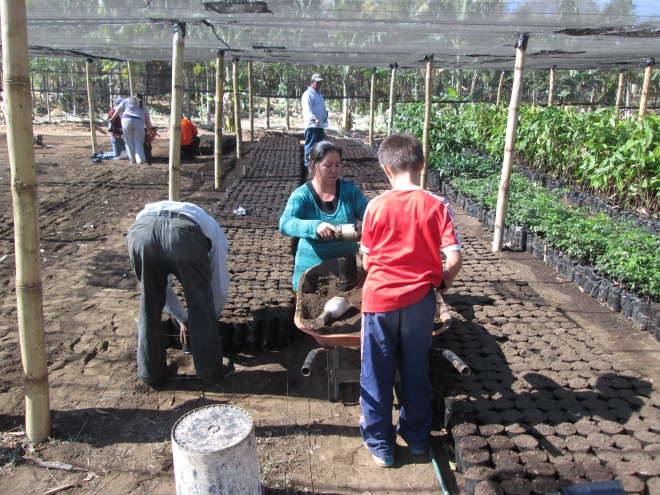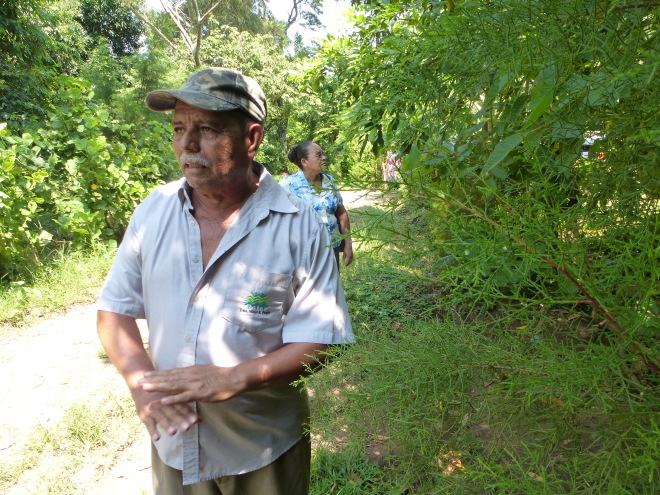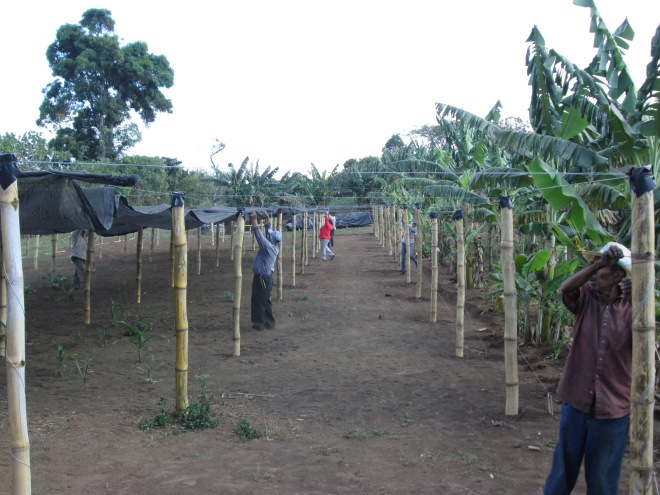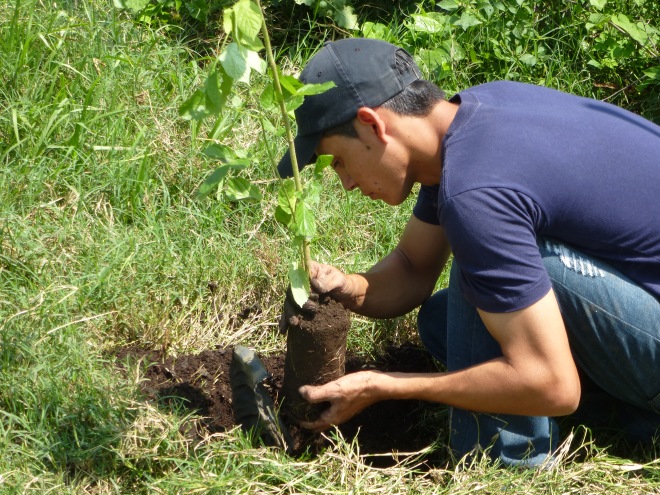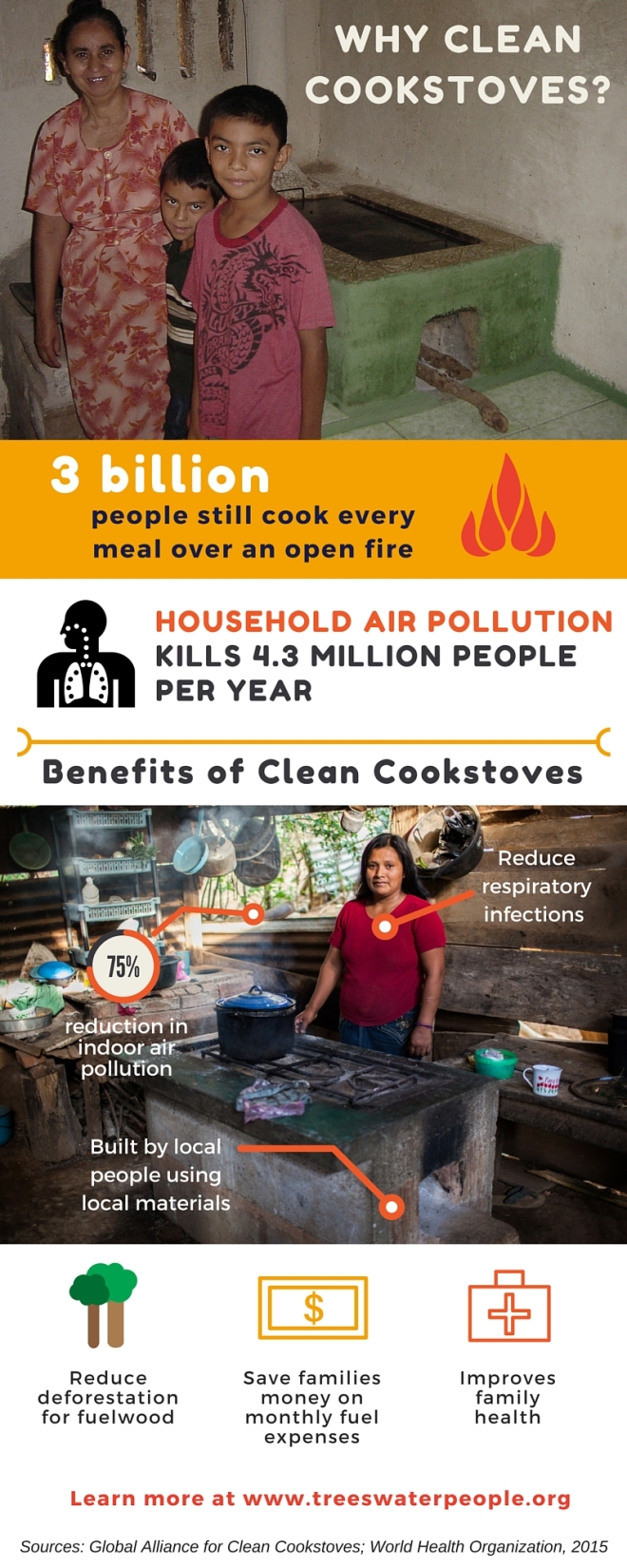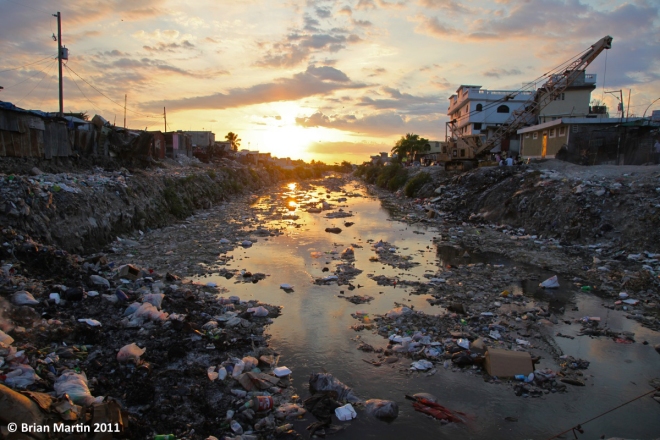by Sebastian Africano, Executive Director
Happy International Day of Forests!
This year’s theme is “Forests and Sustainable Cities,” which brought to mind a revelation I had when I lived in the Aldea of Suyapa, east of Tegucigalpa, Honduras back in 2005. I had always assumed that when humans arrived anywhere, the general pattern that followed was of deforestation and natural resource degradation. I believed that the mango, citrus, jocote, avocado, allspice, nance, oak, acacia, guanacaste, and other gorgeous fruiting and flowering trees were merely what was left after human settlements expanded here.
But, the story is more complicated than that.
Suyapa has now been swallowed by the capital city but is populated by the descendants of indigenous laborers that worked in the silver mines outside of Tegucigalpa until the 20th century. The land was granted to the community by the Spanish crown, and as such, it is primarily made up of the same families who initially settled it. Because of its unique history, there is a rich historical record of the town, some of it captured in old, black and white photographs.
As I became more familiar with these photos, I noticed that the town and the hills around it were almost entirely stripped of trees in the early 1900s. While this may contribute to my initial point (that humans drive deforestation), the present day reality tells a different story. Looking down on the town from the hills above it, today the urban rooftops of Suyapa are almost completely hidden by a canopy of mature trees. Within one century, people living here wholly transformed their landscape.
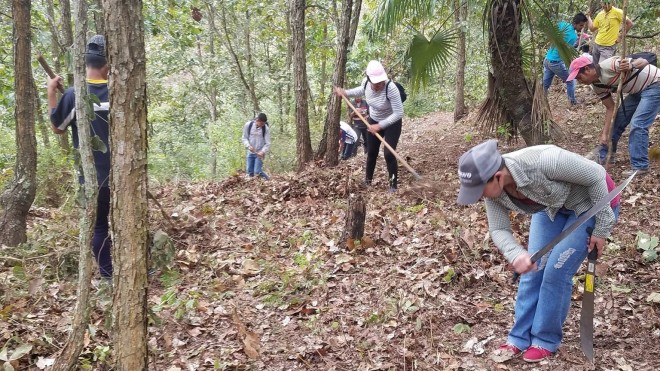
These trees were planted by local residents (and likely animals) to provide shade, fruit, timber, and firewood, to stabilize soil along ravines, and to color the town with their flowers. Secondary benefits include filtering some of the dust and soot from the city, providing habitat for migratory birds and other wildlife, and producing oxygen for all of us. These trees transformed what could have been just another concrete-covered suburb into what feels like a rural respite in an otherwise overcrowded city.
This revelation taught me two important things – 1. Urban development and tree-cover need not be mutually exclusive, and 2. Every tree we put in the ground TODAY will materially alter the landscape and produce benefits for future generations. Planting a tree is one of the easiest ways we can all leave a positive mark the planet.
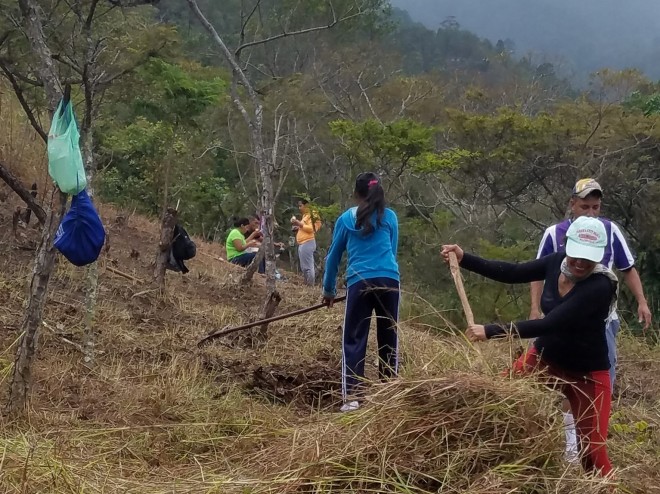
Today, Suyapa’s youth have formed a volunteer fire brigade that goes into the oak woodlands above town every spring to plant new trees, cut firebreaks, deter poachers, and stabilize erosion trouble spots. Threats to the local forests still exist, but teaching young people to value and protect trees and the services they provide is something that will ripple through generation upon generation. Cities in Central America have a long way to go before they can be considered truly sustainable, but I was grateful to walk away from Suyapa with my perspective changed about how humans, cities, and forests coexist.
Take some time today to think about the origins of the trees in your community, and about trees you could plant for those who come after you. And if you are passionate about getting trees into the ground, know that Trees, Water & People is always ready to turn your passion into trees for millions of people throughout the Americas.


